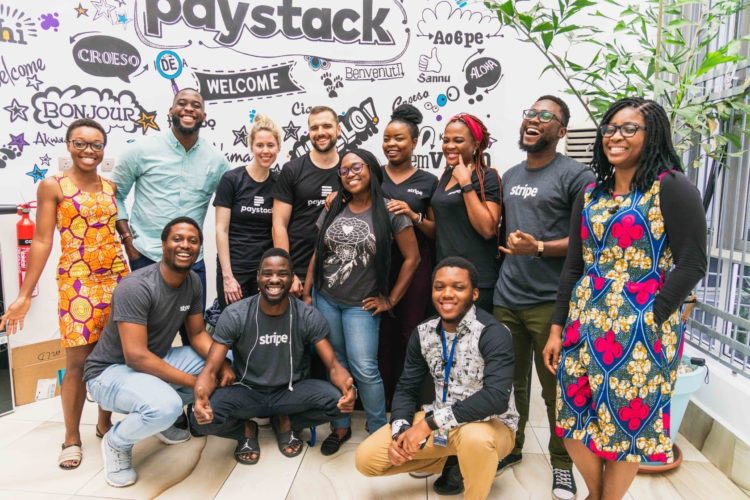Stripe, an American fintech company has acquired Nigeria’s Paystack in a deal worth over $200 million. The acquisition aims to expand its API-based payments services and accelerate online commerce across Africa.
This is the biggest startup acquisition in the Nigerian tech ecosystem. Similarly, WorldRemit acquired Kenya-based Sendwave for $500 million while Uber acquired Egypt-based Careem for $3.1 billion in 2019. Pending regulatory approval, the deal between Stripes and Paystack is rumoured to worth over $200 million. Stripe,
https://twitter.com/paystack/status/1316734390551093251
Paystack, popularly referred to as “the Stripes of Africa,” also integrates payment services using its API. What Shola Akinlade and Ezra Olubi founded in 2015 became the first Nigerian startup to be admitted into the Y Combinator.
Paystack now serves about 60,000 customers comprising of small businesses, large corporations, fintechs, educational institutions, and international organizations. FedEx, UPS, LIRS, AXA Mansard, and MTN are some of its big clients.
When the deal is done, Paystack will continue to operate independently and there will be no disruption of services. Paystack merchants and partners will have more payment options, tools, and locations.
“Paystack is a growth engine for modern businesses in Africa, and we couldn’t be more excited to join forces with Stripe, whose mission and values are so aligned with ours, to nurture transformative businesses on the continent,” said Shola Akinlade, CEO and co-founder of Paystack.
“We believe deeply that with the right tools, African creators, developers, and entrepreneurs can do incredible things. Leveraging Stripe’s resources and deep expertise, we’re excited to accelerate our geographic expansion and introduce more payment channels, more value-added services, and deeper integrations with global platforms.”














